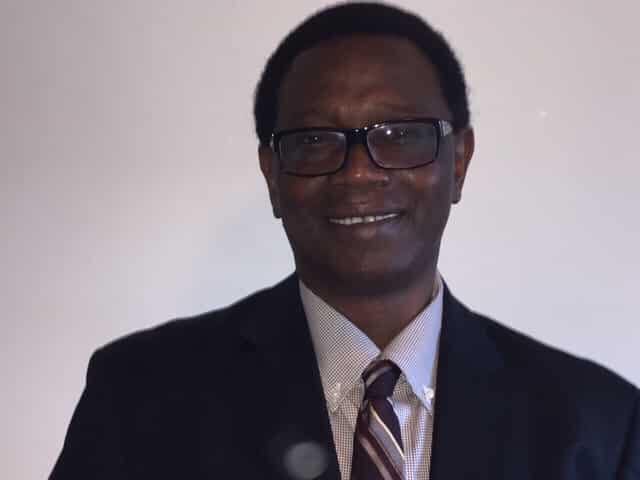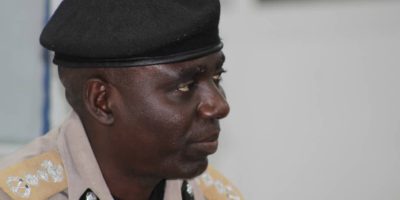 By Baba Galleh Jallow
By Baba Galleh Jallow
As an almost daily live spectator to witness testimonies at the TRRC, one thing that puzzles me above everything else is the innocence of victims. It is obvious that most of the people arrested, often tortured, detained for long periods of time without charges or killed did absolutely nothing wrong or illegal. What then explains the fact that their own fellow citizens in positions of power would violently seize them, ask them irrelevant questions, and torture or kill them, knowing fully well that they are innocent? And even if they were actually guilty of a crime, why would the state and state officials deliberately refuse to follow due process and instead get violently personal with these victims? What happened to ordinary humanity and where was the rule of law to which the state itself owed its existence? How do we make sense of the relentless insistence on respect for the law even as that same law was deliberately broken on innocent people’s lives as a matter of state practice?
There certainly are no easy answers to these questions, and so the innocence of the victims cannot help but haunt our hearts as a strange and rather inexplicable phenomenon. How could a human being, often a fellow Muslim or Christian, and always a fellow Gambian, knowingly torture or kill someone they are certain is innocent of any lawbreaking? Does that suggest the existence of a set of alternative laws by which the state was run alongside selected elements of the real laws? Yes it does. There was a shadow set of laws that existed side by side with the real laws of the land. These were the laws of the shadow state that also existed side by side with the real state, claiming its legitimacy from the real state, but breaking the laws of the real state with absolute impunity.
This shadow state did not exist outside of extant state structures and institutions. It was part and parcel of the state but operated outside real state authority. The shadow state operated inside the space of the state but outside the rules of the state. It was made up of institutions, structures, organizations, groups and individuals who were sustained through real state resources, but who owed loyalty only to the shadow state. Having deliberately betrayed their loyalty to the real state – the state of laws – individual actors within the shadow state often also betray their loyalty to their humanity. Beholden only to the pleasures and dictates of the shadow state, they repress their consciences and pretend they don’t know that the persons they were ruthlessly breaking were totally innocent. Or that even if they were guilty, they should have been allowed due process of the law. But no, over and over again, they feign annoyance at the annoyance of the shadow state and go all out to make innocent people pay for God knows what crimes. How could anyone place a red hot iron on the body of another person, knowing fully well that the person is innocent of any crime? And even if they were guilty, how could anyone just do such a thing? But such are the ways of the shadow state and the ways of those who are beholden to the shadow state rather than the real state and the humanity of their fellow human beings, and therefore their own humanity.
The shadow state is indicative of a severely dislocated political system. It is some form of state schizophrenia in which fiction is held to be reality and reality simply erased out of the equation. In its most severe form, such as existed in the Gambia of recent decades, the shadow state relegates the real state to the shadows and overshadows the reason of state itself. The state that is a respecter of the rule of law and that embodies the humanity of the citizens is rendered almost invisible and irrelevant, and illegal actions are taken for the sole purpose of satisfying the interests and desires of the shadow state.
The shadow state offers a space in which people so inclined may conveniently avoid the trouble of taking responsibility for their actions, attributing their omission to an unshakeable trust in the infallible righteousness of their acts, proclamations and assertions. It gets so bad that whatever is claimed by the shadow state is considered an irrefutable truth that must be acted upon. Hence structures of the shadow state such as the Junglers deliberately bypassed the rule of law and executed people simply because the shadow state branded them as enemies of the state. Structures like the NIA similarly acted with a sense of blind loyalty on whatever the shadow state demanded, and all in the purported interests of the state. They do not care to accept the fact in their own minds that even if accused persons are guilty as accused, there exists a set of laws to which they must be subjected, rather than treated with the kind of cruelty we know most victims were subjected to.
A key danger is that the shadow state reproduces itself at all levels of its structures. At the level of the individual structures and loyalists of the shadow state, each actor becomes a shadow state unto itself, trampling on the lives of people with absolute impunity. They disregard the laws of the real state and therefore the laws of common human decency and engage in otherwise inexplicable acts of brutality against their fellow human beings. Clearly, Junglers and NIA could have interrogated their victims without subjecting them to horrendous acts of torture such as castration or rape or the branding of a hot electric iron on the naked body of a human being, or summary execution. But that would have meant acting contrary to the wishes and orders of the shadow state, and therefore losing whatever perks and privileges came with being a loyalist of the shadow state. And since in their limited estimation no one would ever demand to know why they could be so needlessly cruel to their fellow human beings, or why they couldn’t see that most of their victims were innocent, or why they did not follow due process, these human instruments of the shadow state do whatever they wish with the lives of their captives to showcase their power over others which is the defining characteristic of the shadow state.
It is only within the context of a shadow state – a parallel set of structures, institutions and individuals operating outside and alongside the formal state structures – that we can make any sense at all of how so many innocent people were subjected to the most horrendous forms of treatment by their fellow citizens. If the shadow state did not exist, the rule of law would have been followed and all suspects would have been treated as innocent until proven guilty in a competent court of law. But in a shadow state, lawlessness becomes a law unto itself and breaks lives in ways that are unimaginable in a real state.




Ma sha Allah great and thanks for sharing